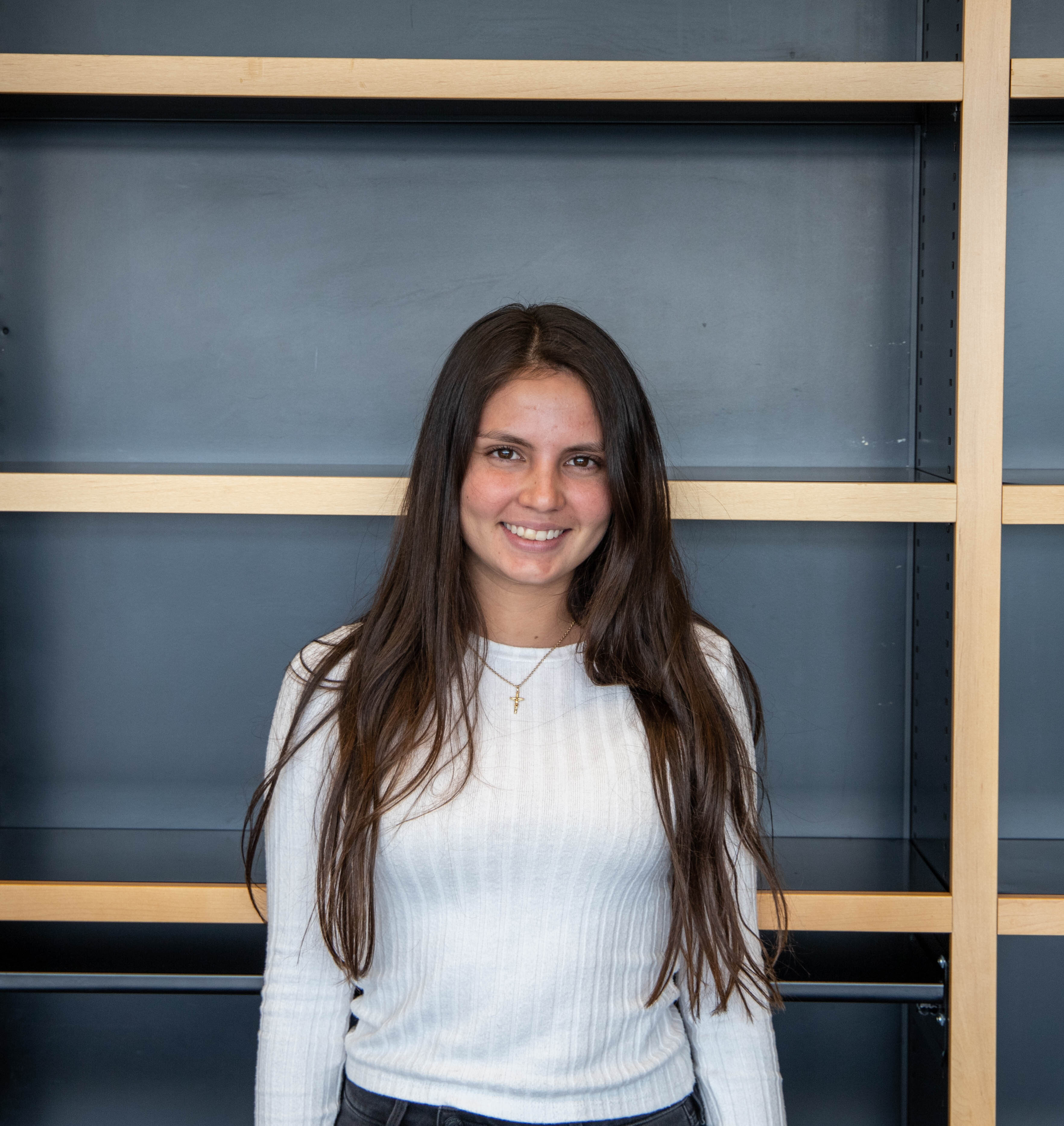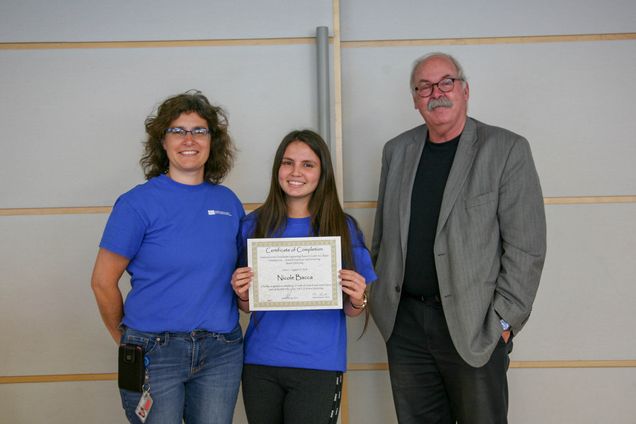Bacca was born in Bogota, Colombia and raised in Weston, FL. Bacca chose to study engineering because she liked numbers and a degree in engineering seemed more exciting than a degree in accounting. A few of her family friends and uncles also inspired Bacca to become much more open-minded towards engineering. She originally expected to do a lot of math and build robots in her STEM classes. However, while in college she has realized that STEM was a lot more about theory and that there weren’t many engineering projects until your senior year.
Summer 2018, Bacca was in the REM program, assisting in Prof. Alice White’s Lab at Boston University, where the team worked to design 3D-printed scaffolding used to grow cells. This research required intensive reading and tricky software to get used to (COMSOL), but she gained valuable scientific experience through her participation in this program. By the end of the summer, Bacca understood CELL-MET more thoroughly and had an idea of what she wanted to do after completing her undergraduate studies.
Summer 2019, Bacca worked with Boston Micromachines Corporation, a leading manufacturer of deformable mirrors. Deformable mirrors are mirrors conformed of an array of smaller mirrors and are used to compensate for aberrations found in lenses. Her project focused on using and altering a Partitioned Aperture Wavefront (PAW) microscope to create a user interface that would grab the data from the microscope to detect malfunctioning deformable mirrors. By creating four different images, the PAW is able to provide instantaneous differential measurements and using MATLAB they were able to use this data to create a topography of the mirror. Having the surface of the mirrors, Bacca helped alter the program to send signals and then detect if there were anomalies in the DMs and their specific locations. This testing process, usually done with an interferometer in 15 minutes, and could be done with PAW to get measurements in less than two minutes.
Overall, Bacca enjoyed her time in Boston. What advice does she have for future participants? “Everybody is very supporting and although there is a steep learning curve to research, people are always willing to help you out. Don’t be worried if you don’t have a lot of prior knowledge on what you’re working on, there are plenty of resources for you to learn from.”
After completing the summer program, Nicole earn her Mechanical Engineering degree from Florida International University. She is now pursuing her PhD in Mechanical Engineering from Boston University.


